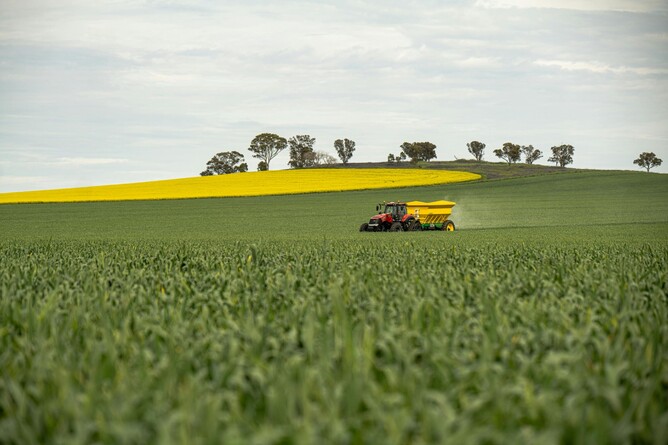The global shift towards sustainability is setting new standards for agricultural exports with Net Zero mandates. For New Zealand farmers, this presents both a challenge and an opportunity. Adapting to regenerative farming practices now can be a strategic move to future-proof agriculture against these evolving international trade requirements and environmental uncertainties like extreme weather events and droughts.
The Benefits of Regenerative Farming
Regenerative farming, focusing on soil health, biodiversity, and ecosystem restoration, offers a tangible solution to risk posed by Net Zero mandates, and climate change. By enhancing the soil's carbon sequestration capacity, these practices not only contribute to Net Zero goals but also improve farm resilience and productivity.
Regenerative farming practices enhance soil health, increase biodiversity, and improve water retention, making farms more resilient to droughts and extreme weather events. Healthy soils rich in organic matter can absorb and retain more water, reducing runoff and erosion during heavy rains and providing plants with moisture during dry periods. This resilience is crucial for maintaining crop yields and farm income in the face of climate variability. By investing in regenerative practices, farmers can create more robust ecosystems capable of withstanding environmental stresses, ensuring long-term agricultural sustainability and productivity.
Embrace the Future
It is our firm belief that in 10 years time (perhaps sooner) regenerative farming will be "how its done". Ironically, much of it is how it used to be done generations ago before we embraced the agrichemical approach and its promises of higher yields. Fate, it seems, is not without a sense of irony.
Farmers who get ahead and start down this road early will have a massive advantage if (realistically, when) the Net Zero mandates come and the market for NZ exports drastically changes.
Get Started
Steps towards a regenerative future include:
Soil Health Assessments: Understanding your baseline soil composition and health is critical. Once we understand what we're working with, we can support soil health and revitalize soils that have had decades of agrichemical abuse.
Little Buddies offers soil assessment and consulting services to identify improvement areas. Contact us to find out more
Diverse Crop Rotations: Introducing a variety of crops strengthens soil health and reduces disease and pest reliance on chemicals.
Cover Cropping: Protecting soil with cover crops during off-seasons enhances nutrient cycling, reduces erosion, and builds organic matter.
Reduced Tillage: Minimizing tillage helps maintain soil structure, conserves moisture, and supports beneficial organisms.
Integrated Livestock Management: Incorporating livestock can improve nutrient recycling and soil fertility naturally.
By taking these initial steps, farmers can not only mitigate the risks associated with Net Zero mandates but also unlock new efficiencies and potential in their operations. As the global market increasingly favors environmentally responsible practices, New Zealand's agricultural sector can lead the way, ensuring its place in international markets while safeguarding the environment for future generations.



